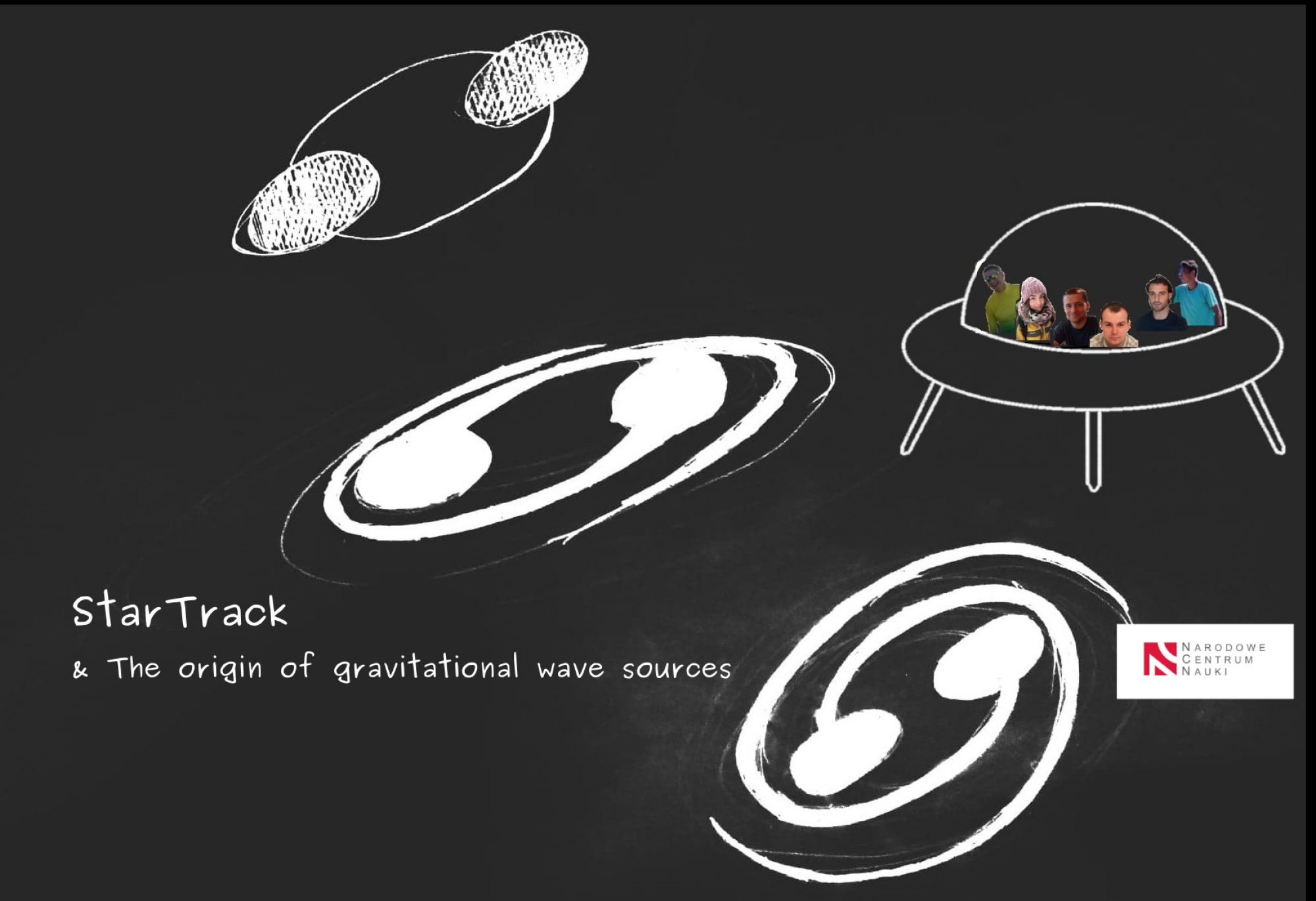Krzysztof Belczynski (Prof. and project manager)
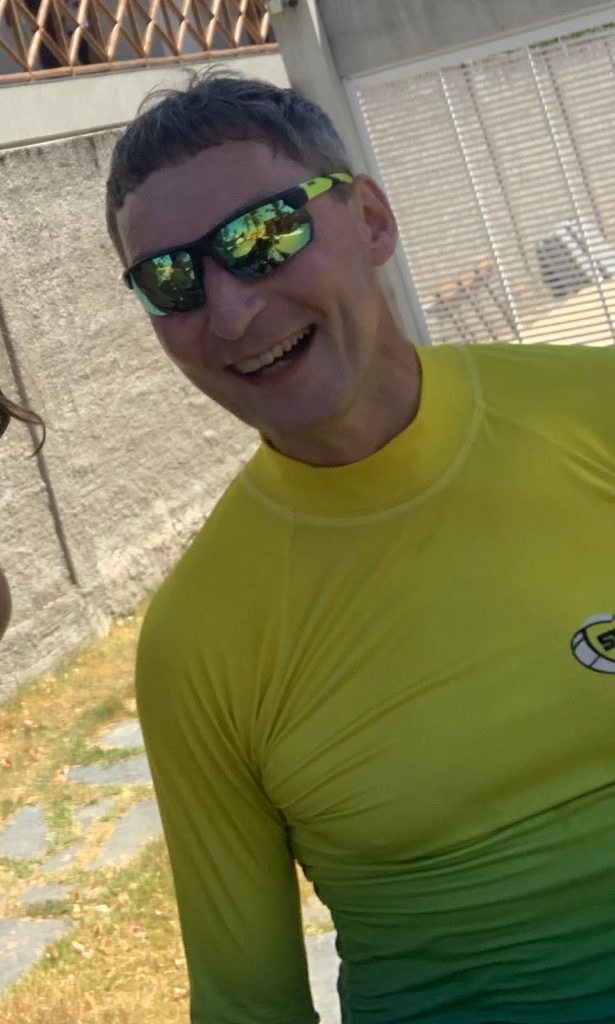
A graduate of Nicolaus Copernicus Center of the Polish Academy of Sciences (Ph.D. 2001), he did 4 pre/post-doctoral fellowships in USA (Harvard-Smithsonian Center for Astrophysics, Northwestren University, New Mexico Sate University, Los Alamos National Laboratory) before coming back to Poland. He has developed an early testing grounds for predictions and astrophysical information inference from gravitational-wave detections (the StarTrack population synthesis code). He also was an avid rock climber (several new lines in Patagonia, Alaska, Karakoram, Baffin Island), and now he retired to snowboarding and kitesurfing. Current CV attached below:
Arkadiusz Hypki (Post-Doc)
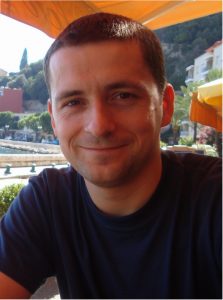
His scientific interests concern star clusters, especially globular star clusters. An active developer of the MOCCA code (http://moccacode.net), the code which is able to perform full stellar and dynamical evolution of real size star clusters. He is also a main developer of the BEANS code (http://beanscode.net) which is a general tool for distributed data analysis of Big Data.
Grzegorz Wiktorowicz (Post-Doc)
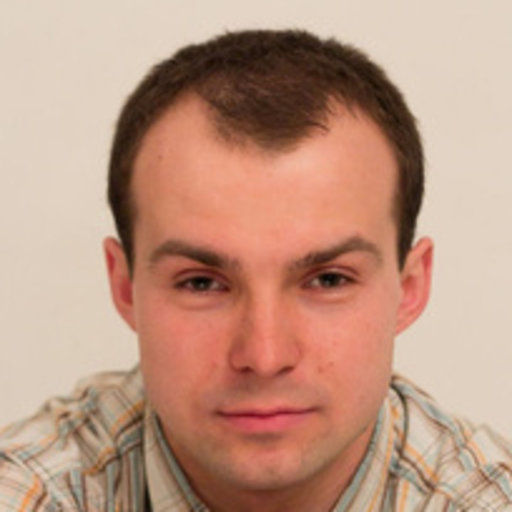
………………………………………………………………………………..
Aleksandra Olejak (PhD candidate)
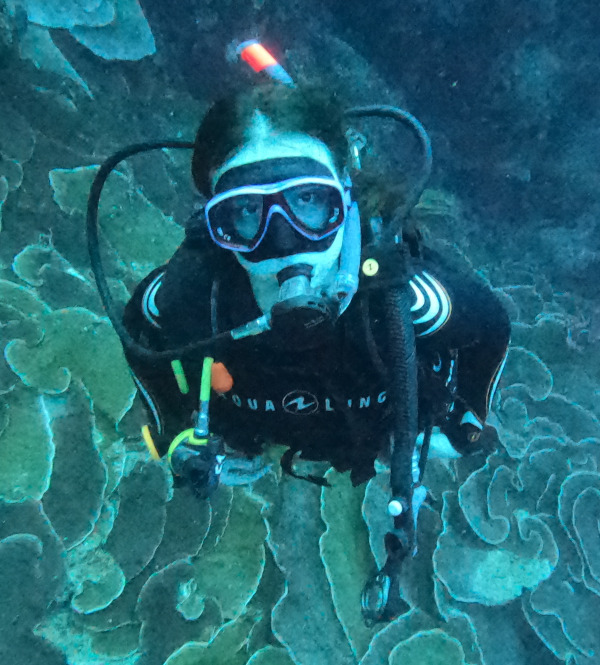
She is a second year PhD student at the Nicolaus Copernicus Astronomical Center (Warsaw) under the supervision of prof. K. Belczynski. A graduate from University of Warsaw with a master degree in Astronomy. Her main scientific interests are: evolution of massive stellar binary systems, population of merging compact binaries and the origin of LIGO/Virgo detected gravitational-wave signals. Apart from science her interests are psychology, traveling etc. She has also started her adventure with sailing, diving and kitesurfing. Current CV attached below:
Amedeo Romagnolo (PhD candidate)
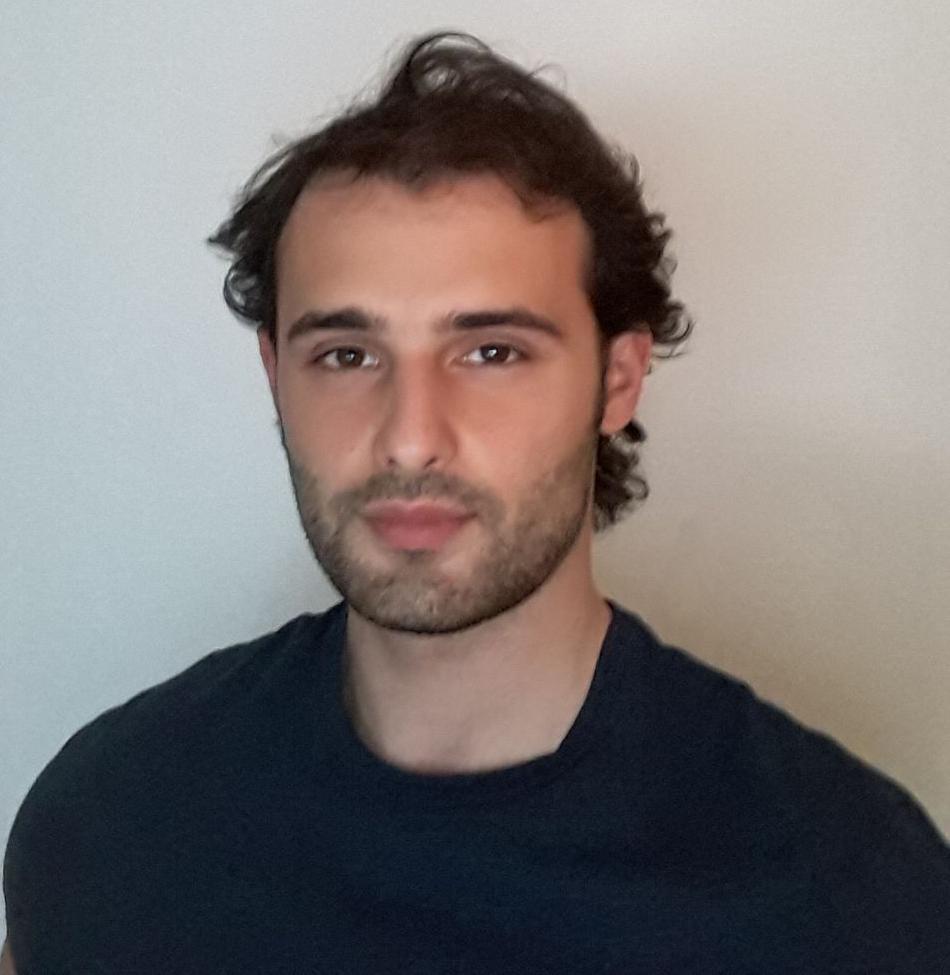
He is a first year PhD student at the Nicolaus Copernicus Astronomical Center. He graduated in Space Sciences at the University of Liège (Belgium) and he has been a research assistant at the Max Planck Institute for Extraterrestrial Physics in Reinhard Genzel’s Infrared Department. His main PhD research interests are stellar evolution and the physics of the gravitational waves sources. Outside his PhD program he is involved in both theoretical simulations and interferometric observations of exoplanets, which lead him to be part of the LIFE space mission. In his free time he is a freelance science communicator in an European think magazine (NEOS), he is learning classical singing, he is a rock climber, a veteran Dungeons and Dragons player and a pedantic philosophy enthusiast. He tries to travel and see the World as much as he can. Current CV attached below:
Pawel Drozda
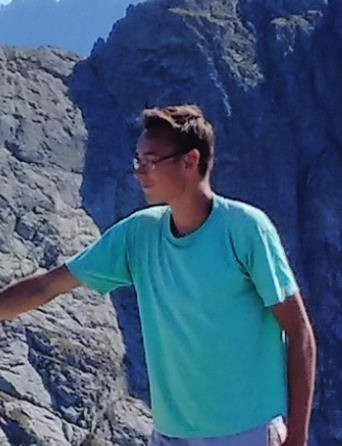
Paweł is a graduate of the University of Warsaw. The fields of research he is involved in are double compact objects and large scale structures. Recently he was studing BH-NS binaries with prof. K. Belczynski in terms of the fist mass gap and kilonovae.
